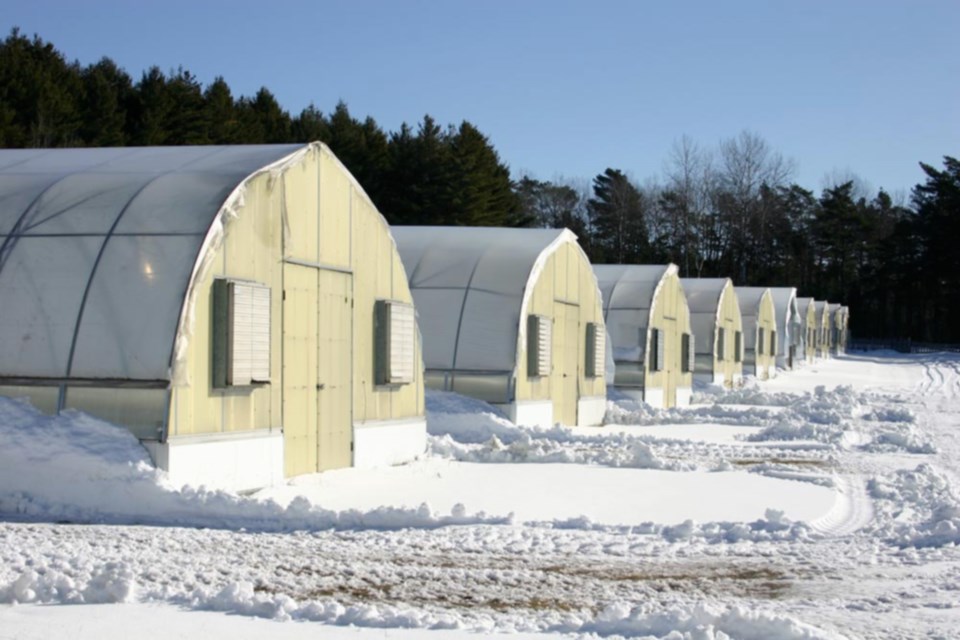Members of First Nations across northeastern Ontario are at the Water Tower Inn in Sault Ste. Marie this week for a summit dedicated to exploring the topic of Indigenous food sovereignty.
The two-day event was organized by Mamaweswen — also known as the North Shore Tribal Council — and was funded in part through the Ontario Ministry of Agriculture, Food and Rural Affairs.
Mamaweswen Chief Executive Officer Allan Moffatt says the topic of food sovereignty has been an ongoing discussion at the board for the tribal council.
“We learned a lot of lessons through the pandemic,” said Moffatt, adding that many First Nations locked down their communities in order to protect their community members during that time. “You quickly realize, how are people going to be able to access food since they have to leave the community on a daily basis to at least get to the grocery store? It begs the question: If something bad were to happen in a neighbouring community, what would the First Nations do to be able to feed its citizens?”
Moffatt says the summit could potentially help find solutions to the issue of Indigenous students who are going to school hungry. “It’s a chance to ask those types of questions and try to figure out when did healthy food become a privilege, as opposed to something that we all should have the basic access to?” he said.
The summit kicked off Monday evening with a dinner and a keynote address by M’komose. The agenda for Tuesday and Wednesday will feature roundtable discussions and breakout sessions, and will also include keynote presentations by Kendall Boissoneau-Johnson (Youth Resistance, Resilience and Food Sovereignty) and Annette Flamand (Wikwemikong Livestock Program).
The event wraps up Thursday with a tour of the Bio Centre in Thessalon First Nation, a series of greenhouses situated on 80 acres of farmland that are in the preliminary stages of being repurposed by Niigaaniin Services for food production and distribution to address food insecurity in First Nations.
“Could we potentially produce enough food where we’re providing food to every family member in the communities? We’re looking at various ideas to make healthy food available to our members,” Moffatt said. “We’ll probably need refrigeration trucks to deliver to the communities. We want to get the food delivered as fresh as possible, so it’s a bit of a work in progress.”
Mamaweswen represents eight Anishinaabe communities along the north shore of Lake Huron, including Garden River and Batchewana First Nations.
